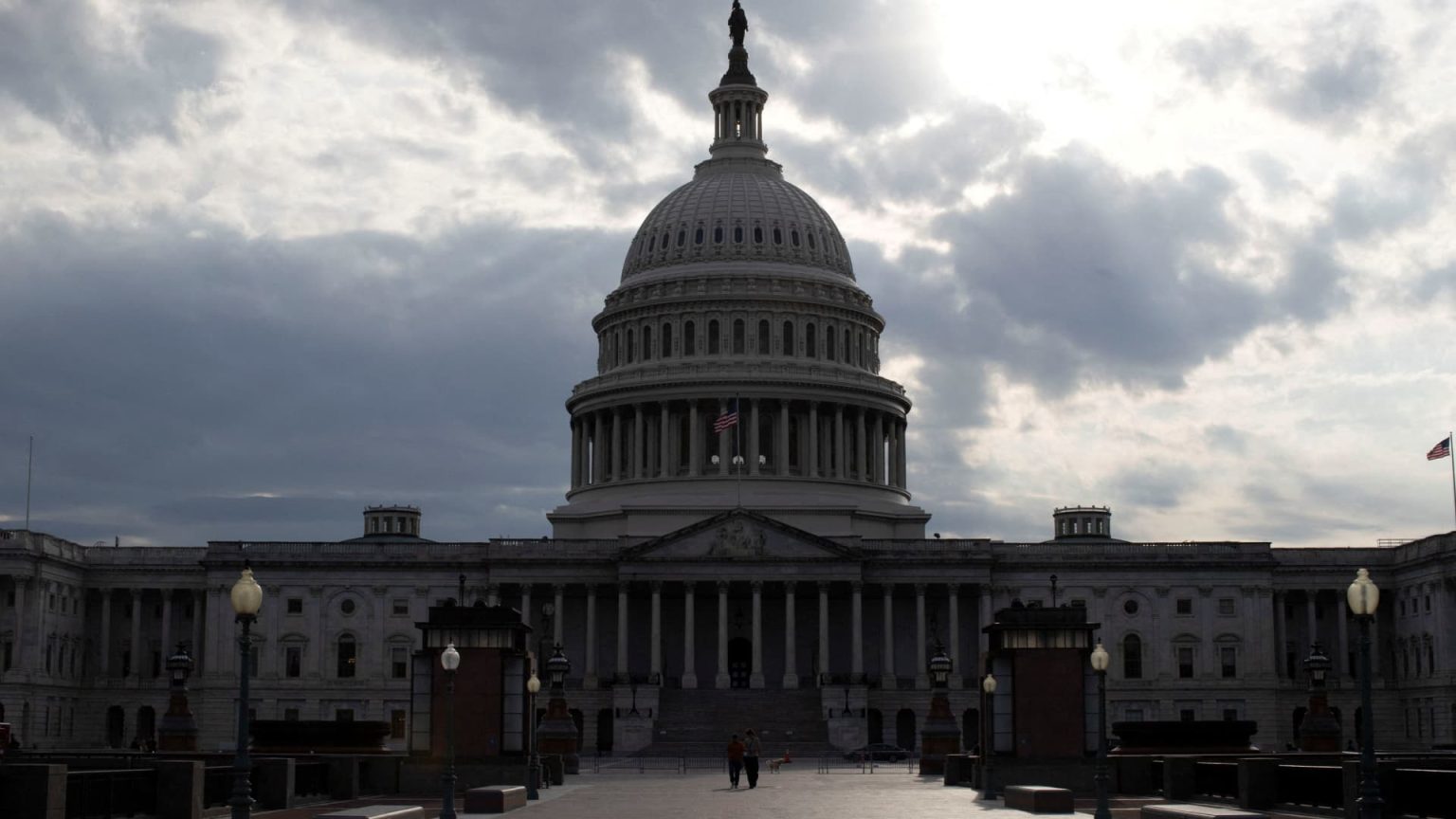Government debt has seen a significant increase since the start of the Covid pandemic, now totaling $34.5 trillion, which is about $11 trillion higher than it was in March 2020. As a percentage of the U.S. economy, debt now exceeds 120%, causing concern among both politicians and financial experts. The Congressional Budget Office predicts that debt held by the public will continue to rise, reaching 116% of GDP in the next decade, the highest in the nation’s history. Surging budget deficits are driving this increase, with deficits expected to reach $2.6 trillion by 2034.
Federal Reserve Chair Jerome Powell has raised concerns about the growing debt levels, stating that elected officials need to address the issue sooner rather than later. The market impact of rising debt includes worries about bond vigilantes going on strike and rising interest costs crowding out spending. Foreign holdings of U.S. federal debt have continued to rise, indicating that Treasurys are still seen as a safe haven for cash, but there are concerns that this could change if the U.S. does not address its fiscal situation.
JPMorgan Chase CEO Jamie Dimon and Bridgewater Associates founder Ray Dalio have also expressed concerns about the soaring U.S. debt levels, with Dimon emphasizing the importance of focusing on fiscal deficits. Both agree that the U.S. needs to address its fiscal situation before it becomes a major problem that could impact the global economy. Rising bond yields could have a negative impact on equity markets if the U.S. does not rein in its finances, with analysts warning that policymakers may need to take action to avoid a potential crisis.
The Federal Reserve’s interest rate hikes have further complicated the debt situation, with net interest on the debt totaling $516 billion this fiscal year. This amount exceeds government spending on national defense and Medicare, highlighting the magnitude of the debt issue. The outcome of the presidential election could impact the fiscal outlook, but regardless of who wins, the biggest challenge remains the growing spending on Social Security and Medicare, with little likelihood of reform in the near future. Policymakers may need to make tough decisions to address the growing debt levels and associated risks to the economy.


